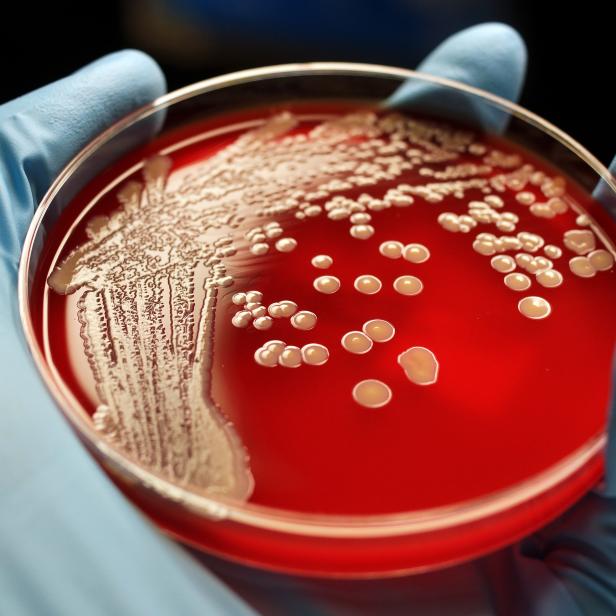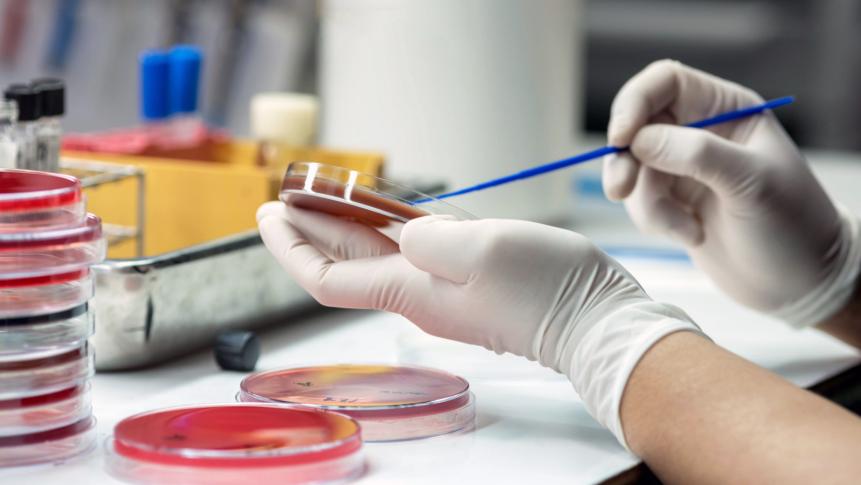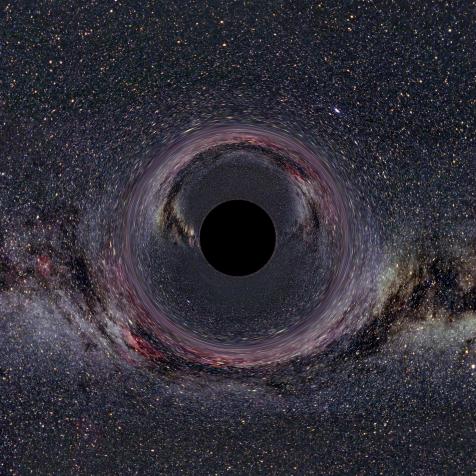
Getty Images/Rodolfo Parulan Jr
A Russian Scientist Injected Himself With 3.5-Million-Year-Old Bacteria
Did this scientist find the key to eternity frozen in permafrost?
People have been hunting down the legendary fountain of youth since antiquity. Does it exist? Could it ever, even theoretically, exist? A Russian scientist named Dr. Anatoli Brouchkov believes it's out there, and he thinks he found it in 3.5-million-year-old bacteria. So what does Dr. Brouchkov do next? Inject himself with it, of course.

Shutterstock
The Bacteria That Doesn't Die
Dr. Brouchkov first discovered this ancient bacteria, Bacillus F, in 2009, frozen deep in the permafrost on a mountain in Siberia's Yakutsk region. Like, even deeper in the permafrost than wooly mammoth remains. Dr. Brouchkov estimated it was 3.5 million years old, and he was immediately impressed with it. Despite its advanced age, it was still alive.
Bacillus F seems to make everything around it live longer, too. ("I don't shine if you don't shine," it would say if it could talk.) Early studies have looked at its effect on mice, fruit flies, and crops, and the results have been so promising that Dr. Viktor Chernyavsky, a Russian epidemiologist, has called it an "elixir of life."
We're still calling it "Bacillus F" for now, but he's right in that this bacteria is powerful. Mice exposed to it live longer, and stay fertile even as "grannies," as Chernyavsky put it. Crops exposed to Bacillus F grow faster and are more resistant to frost. The people in the Yakutia region even live longer than average — perhaps because Bacillus F has infiltrated their water supply.
Clearly, Bacillus F knows life hacks humans don't. (We can't even live a measly one million years.) It's still a relatively new discovery, though, which means scientists don't understand what mechanism, exactly, makes it so hardy. So far, Dr. Brouchkov and his colleagues have sequenced the bacteria's DNA but they have yet to figure out which of its genes make it so deathproof. It's a complicated question — roughly as complex as identifying the genes that cause cancer, Dr. Brouchkov says.
In other words, it's going to be a while until you can buy a Bacillus F injection at CVS.
The Scientist Who Said "YOLO"
Bacillus F hasn't been formally tested on humans, and no one knows how it works — but Dr. Brouchkov wasn't worried about being the first human guinea pig for a mysterious substance. As he likes to point out, no one really knows how aspirin works, either.
"I was just curious," he said.
So he decided, YOLO. He'd inject himself with the bacteria, and see what happened. "It's not real science," he's acknowledged. (In other words, it's not a controlled trial.) But ... maybe now he'll live forever!
He's definitely still alive, and he says he's feeling better than ever. In 2015, he said he hadn't had a cold or flu in the two years since he injected himself. He also reported higher energy levels.
This could all be the placebo effect, or it could be something more — we need more research to know for sure if Bacillus F can extend human life. But if Dr. Brouchkov lives past age 1,000, that also could be, you know, a sign.
This article first appeared on Curiosity.com.


















